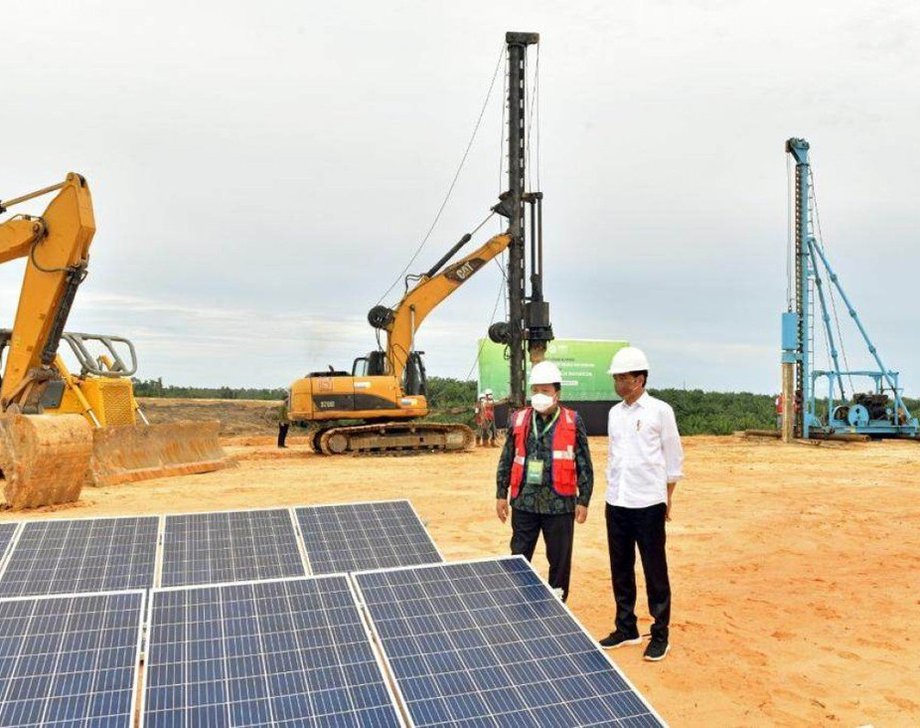PT Kalimantan Industrial Park Indonesia (KIPI), a consortium of companies from Indonesia, China and the United Arab Emirates, is funding the $132 billion project in North Kalimantan, Indonesia. Indonesia is the largest economy in Southeast Asia and will have much to gain from the huge new industrial area under construction in North Kalimantan.
Indonesian President Joko Widodo said it would initially occupy 16,400 hectares of land on the island of Borneo but could be extended in the future to almost twice that size. Located in North Kalimantan Province, the estate will span 30,000 hectares (74,132 acres) and will include investments from China and the United Arab Emirates.
The Indonesian president said he was keen to establish manufacturing industries to exploit Indonesia’s rich natural resources such as nickel, bauxite, and copper so that the country could move up the value chain and not just export raw materials. “Indonesia’s economic transformation begins here, where we will manage our natural resources from upstream to downstream to create a huge availability of jobs,” Jokowi said.
According to a report by the South China Moring Post (SCMP), the project will involve up to five hydroelectric dams – these will be designed and built by the Power Construction Corporation of China and PT Kayan Hydro Energy - at a total cost of $18 billion, under Beijing’s Belt and Road Initiative (BRI) to Grow Global Trade. These dams are already under construction on the Kayan River, about 200 km from Tanah Kuning, the coastal area where the industrial zone is under construction. Once fully operational, the dams are expected to have a generation capacity of nine gigawatts, and the first is expected to go into operation in 2025. Solar energy and natural gas will also be used to power the industrial zone.
Designed as a production center, including for solar panels, electric car batteries and silicon industrial products, the industrial zone is expected to begin operations by 2024 and be completed by 2029. The SCMP quoted Luhut Pandjaitan, Indonesia’s coordinating minister of maritime affairs and investment, as saying that at least 10 Chinese investors had pledged to support the project, after investing “tens of billions of dollars” into nickel production in the country in recent years.
Part of the proposed environmental compensation for development is the restoration of about 5,000 hectares of mangrove forest in North Kalimantan.
Indonesia is the largest economy in Southeast Asia and will have much to gain from the huge new industrial area under construction in North Kalimantan. However, some environmental groups say the project is controversial, particularly the five proposed dams on the Kayan River.
Other analysts consider the Indonesian government’s vision of an industrial zone powered by renewable energy useful, although the project may not be entirely ecological in its first years of operation.
The SCMP quoted Mohammad Faisal, executive director of the Jakarta-based think tank Center of Reform on Economics, as saying, “This is a good first step. We hope that in the future there will be new technologies that could improve our adoption of renewable energy, so that the industrial zone is completely green.”

